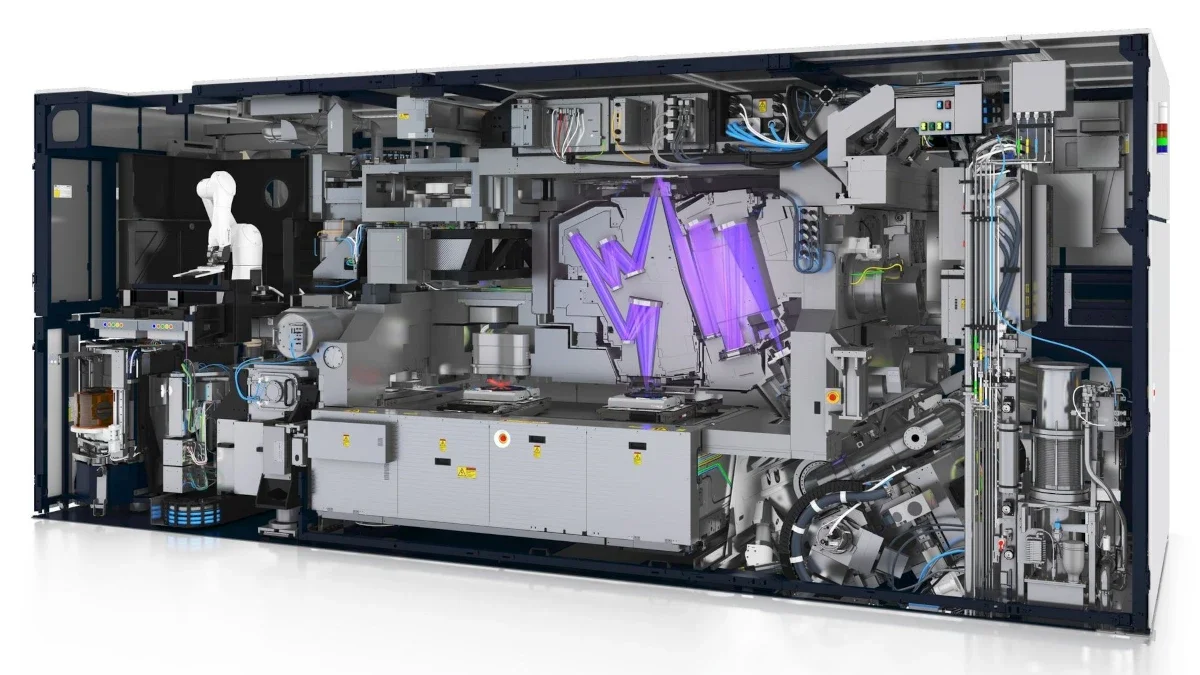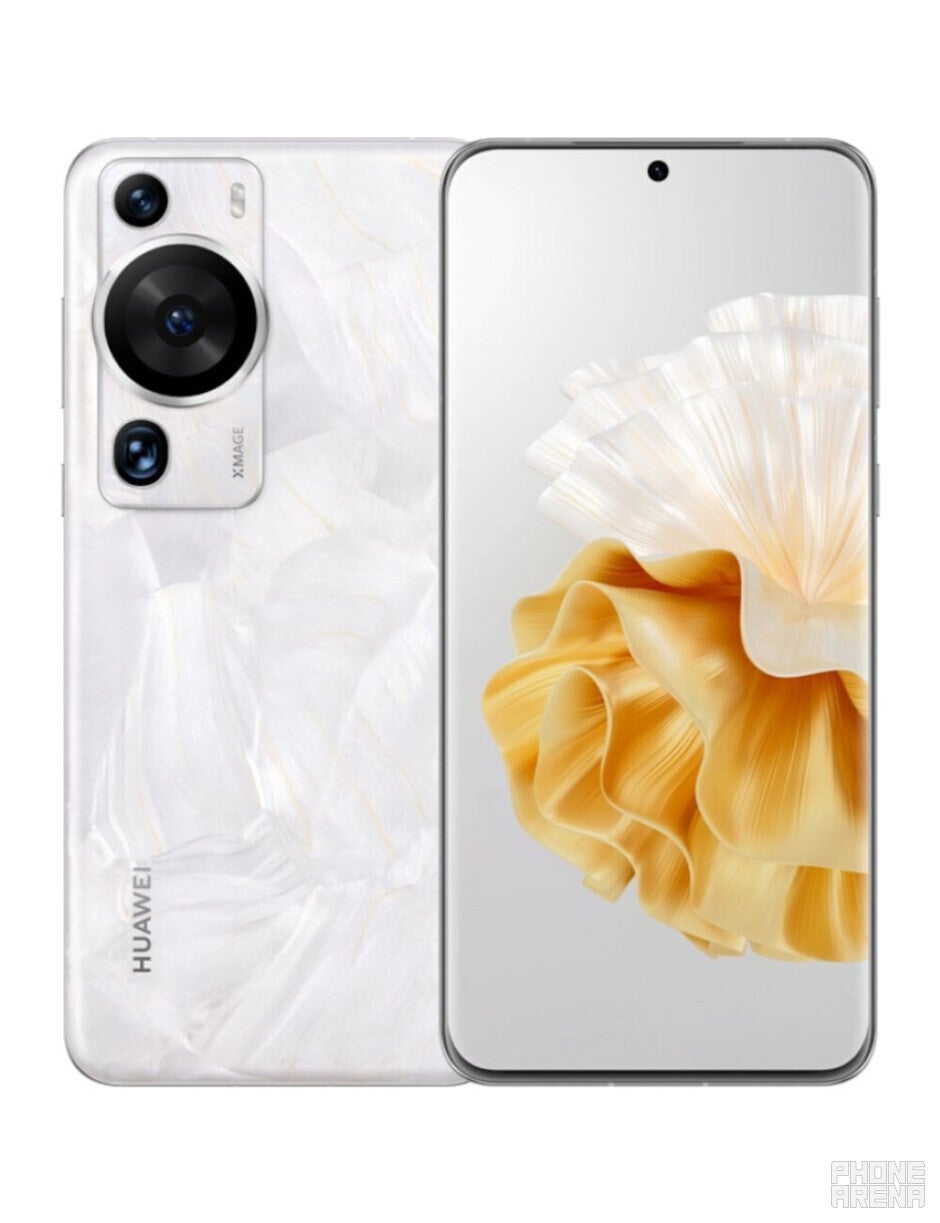Clock running down on China's ability to import key chipmaking tool

One of the most important tools needed to make chips is the lithography machine. This machine is used to etch circuitry designs on silicon wafers. With billions of transistors used on cutting-edge chips, these patterns need to be extremely thin. The human hair has a diameter of 70 microns which is 1,000 times larger than the dimensions you would see on a circuitry pattern.
The most cutting-edge lithography tool is the Extreme Ultraviolet lithography machine (EUV) which is available from just one company, Dutch firm ASML. However, the U.S. has applied enough pressure to make sure that no EUV machines, each one as big as a school bus and priced as high as $200 million each, get shipped to China. Not having these machines prevents China's leading foundry, SMIC, from catching up to TSMC and Samsung Foundry in terms of process nodes.
Dutch Lithography imports into China are up nearly 65% this year
But other ASML lithography machines have been imported into China, per SCMP; from January through July China's imports of Dutch lithography machines, nearly all of which came from ASML, totaled $2.58 billion which is up 64.8% on an annual basis according to customs data collected by Chinese semiconductor industry consultancy JW Insights. China has been buying these machines at a much faster pace than expected this year.

Huawei got a license to use a Snapdragon chip (tweaked not to support 5G) for the P60 series
For example, in January ASML forecast that sales to China would stay steady this year at $2.36 billion, or 14% of the firm's revenue. However, the aforementioned numbers show that ASML's sales to China have already surpassed the 2023 estimate by $220 million. Last month alone, China imported $626 million worth of lithography equipment from the Netherlands which was eight times the amount it imported from the Netherlands during the same month last year.
There is a reason why China is gobbling up lithography machines (although, to repeat, it is not allowed to buy top-of-the-line EUV lithography machines) at its current pace. Starting September 1st, ASML will need to apply for a license if it wants to export to China the less advanced deep ultraviolet (DUV) lithography systems. With this deadline in mind, China is trying to stockpile DUV machines.
ASML announced last month that heavy demand for its products from China helped to offset a global semiconductor industry slump and allowed ASML to report higher earnings. While ASML has seen a delay in demand for its DUV machines, company CEO Peter Wennink said that it has witnessed strong demand from China for tools used to produce chips using older process nodes.
In a video, Wennink says, "Our Chinese customers say: 'We are happy to take the machines that others don't want', because their fabs are ready and they can take the tools that become available."
China is reportedly ready to unveil a home-grown lithography machine later this year
Just yesterday we reported on a rumor that says Huawei will be producing its first Kirin chips since 2020 when the U.S. banned the company from accessing semiconductors from foundries using U.S. technology. The report gave two different configurations and said that as many as three chips will be coming soon including the Kirin 9100 which is expected to be used on the flagship P70 line early next year.
SMIC would reportedly be manufacturing the chip using its cutting-edge N+2 (7nm node), or Huawei would stack two 14nm chips together to deliver 7nm performance without overheating the device or draining the battery.
Last December, Huawei helped the rumor mill by hinting that it had developed its own lithography technology and had applied for a patent. It now appears that by the end of this year, China will be able to build its own lithography machines capable of producing 28nm chips. The machine, called the SSA/800-10W, will be delivered by Shanghai Micro Electronics Equipment. It would be China's first step toward regaining some control over its own chip industry.
Follow us on Google News













Things that are NOT allowed:
To help keep our community safe and free from spam, we apply temporary limits to newly created accounts: